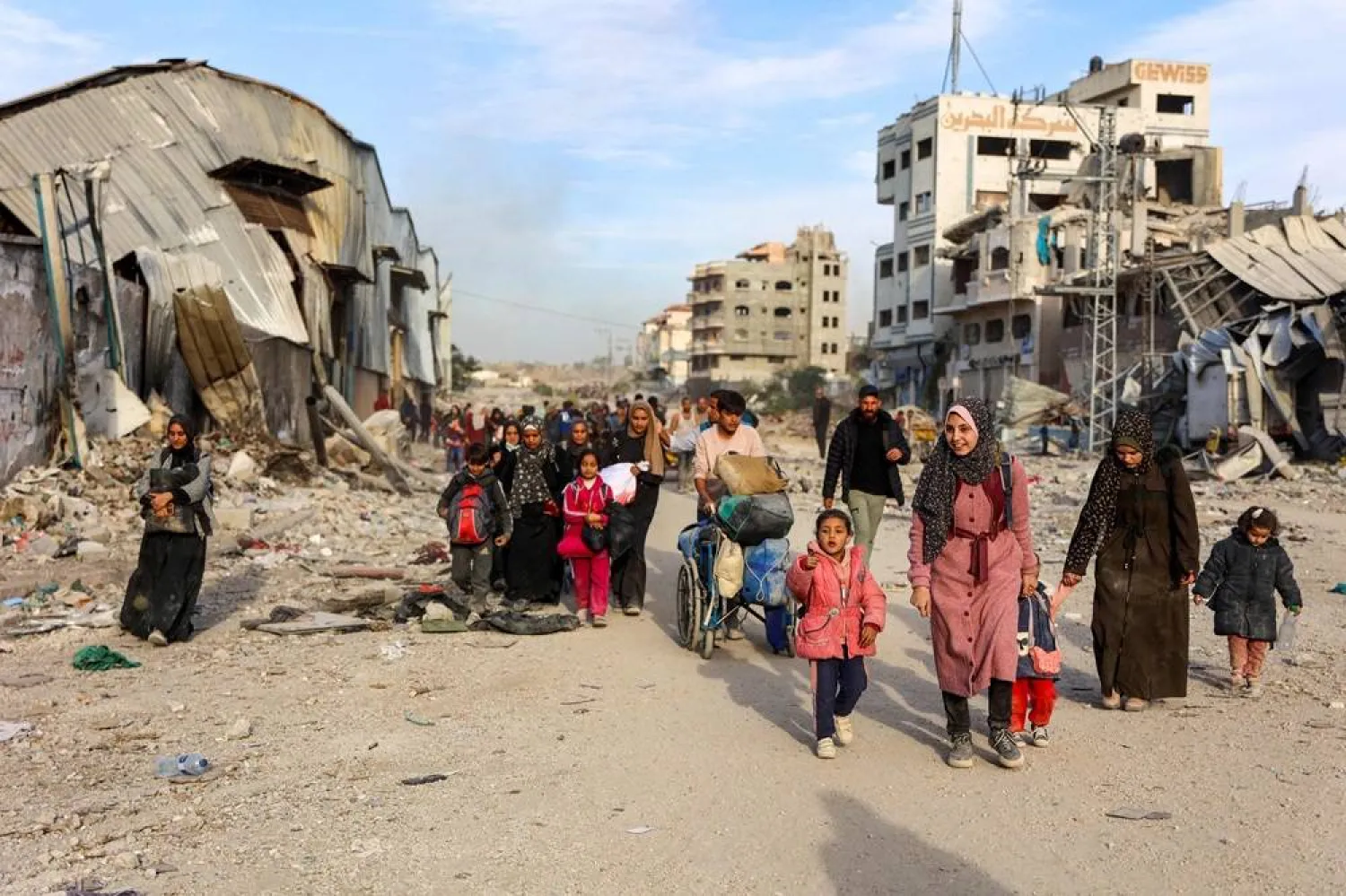The UN humanitarian office says thousands of Palestinians in areas of northern Gaza under siege by Israeli forces are struggling to stay alive because there have been virtually no food or humanitarian aid deliveries for more than 40 days.
UN spokesman Stephane Dujarric delivered the grim report from the UN Office for the Coordination of Humanitarian affairs known as OCHA on Tuesday.
“OCHA reports that all attempts by the UN to support people in Beit Hanoun, Beit Lahiya and parts of Jabaliya – all of which remain under siege – have been either denied or impeded,” he said.
So far in November, Dujarric said OCHA reports that 27 out of 31 planned humanitarian missions were rejected by Israel and the other four were severely impeded. That means they were prevented from accomplishing all the critical work they set out to do, he said.
“The result is that bakeries and kitchens in North Gaza governorate have shut down, nutrition support has been suspended, and the refueling of water and sanitation facilities has been completely blocked,” Dujarric said.
An Israeli ground and air offensive in the north has severely restricting access to its three hospitals which are desperately short of medical supplies, blood and fuel, he said.
Israel blocked attempts by UN partners to send in an international emergency medical team to help, he said.
On Sunday, Dujarric said, OCHA supported a mission led by the UN World Health Organization that was able to deliver 10,000 liters of fuel to Kamal Adwan Hospital and transfer some 17 patients, three unaccompanied children and nearly two dozen caregivers to Shifa Hospital in Gaza City.
Food and medical supplies were also supposed to be delivered to Kamal Adwan but Dujarric said, “our partners say the team was forced to offload the food at an Israeli military checkpoint before reaching the hospital, and only some of the medical supplies could be delivered to the facility.”
Asked whether the UN believes Israel is trying to force the estimated 75,000 Palestinians in northern Gaza to move south by denying the aid deliveries, Dujarric replied: “I can’t speak to the intentions of the Israeli government and the Israeli policy. We’re just seeing the result of it and trying to deal with it.”









